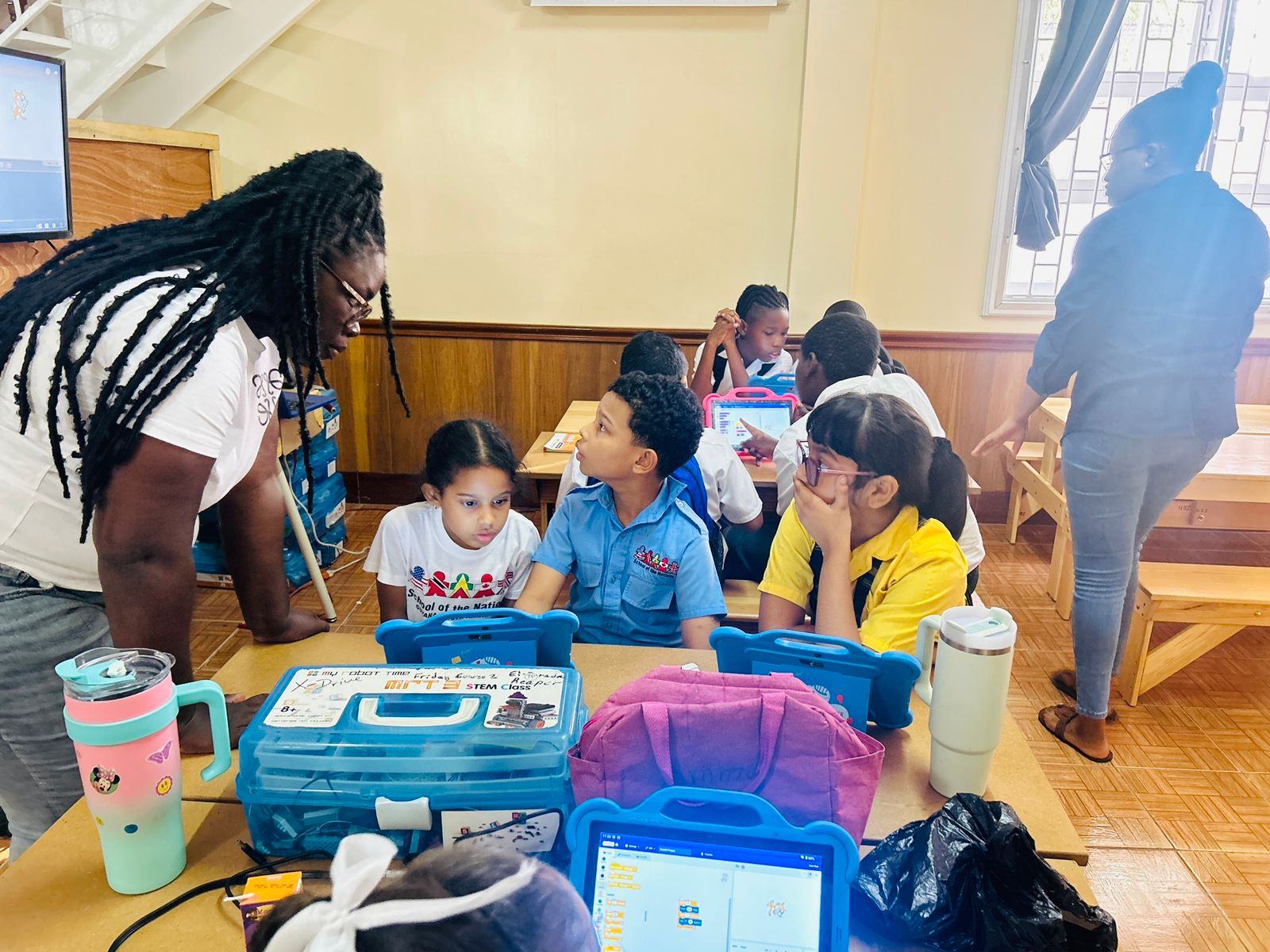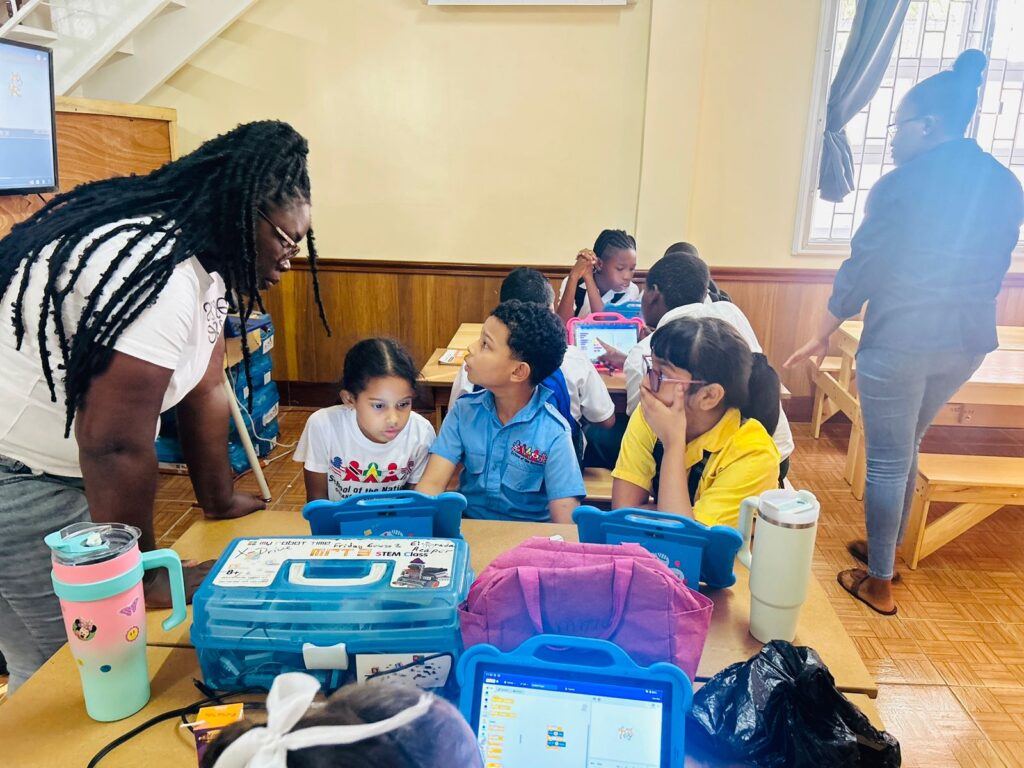Parenting for Success: How Parental Involvement Drives Student Achievement
Parental involvement is a crucial factor in driving student success, as evidenced by groundbreaking education research over the years. Studies have shown that African American students often outperform their peers when their parents actively engage in discussions about grades, future plans, and college readiness, setting high expectations and aspirations. In many educational systems, especially where public schools face challenges, parental engagement strategies serve as a beacon of hope, highlighting the importance of parental aspirations in fostering student motivation and achievement. This blog post aims to inspire parents, educators, and policymakers by exploring how active participation in a child’s education can lead to significant accomplishments, ensuring educational equity and bright futures for all students. Let’s consider how we, as a community, can support and encourage parent engagement in education, paving the way for success in our young learners’ lives.
The Power of Parental Involvement

Parental involvement plays a pivotal role in shaping a child’s educational journey. By actively engaging with their children’s academic lives, parents can significantly influence outcomes. This section delves into how parental aspirations and high expectations contribute to student motivation and academic performance. Let’s break down these concepts to understand their impact.
Parental Aspirations and Student Motivation
Parental aspirations refer to the hopes and goals that parents have for their children’s educational achievements. These aspirations are not just passive wishes but active elements that drive student success. When parents set high educational expectations, students often internalize these goals, translating them into motivation and achievement.
Research indicates that children with parents who hold high aspirations tend to perform better academically. A study found that parental aspirations are a strong predictor of student motivation. This motivation translates into higher engagement and better educational outcomes.
A real-world example can be seen in communities where educational aspirations are culturally emphasized. In these settings, students often display greater motivation due to societal and familial expectations. This dynamic showcases the powerful influence of parental goals on student outcomes.
-
Key Insight: Children internalize parental aspirations, enhancing their motivation.
Parents can foster motivation by:
-
Encouraging autonomy in learning.
-
Discussing future educational goals regularly.
-
Demonstrating the value of education through personal actions.
High Expectations and Academic Performance
High expectations from parents are closely linked to improved academic performance in students. When parents believe in their children’s potential, it can boost student confidence and performance. The belief that a child can achieve high standards often leads to students striving to meet these expectations.
A study illustrates that students with parents who maintain high expectations tend to achieve better academic results. This is because high expectations are often accompanied by support and resources that help students succeed.
Real-world example: In diverse educational settings, students whose parents set and communicate high academic goals often outperform peers with less parental engagement. This underscores the importance of parental involvement in academic achievement.
-
Key Insight: High parental expectations can drive students to higher academic performance.
Actionable Advice:
-
Communicate clear educational goals to children.
-
Provide supportive resources to achieve these goals.
-
Celebrate achievements to reinforce positive outcomes.
In conclusion, parental involvement through aspirations and high expectations plays a crucial role in shaping student success. With active participation, parents can significantly impact their children’s motivation and academic achievements. For more insights into the importance of parental engagement in education, explore this research and study that highlight these factors.
